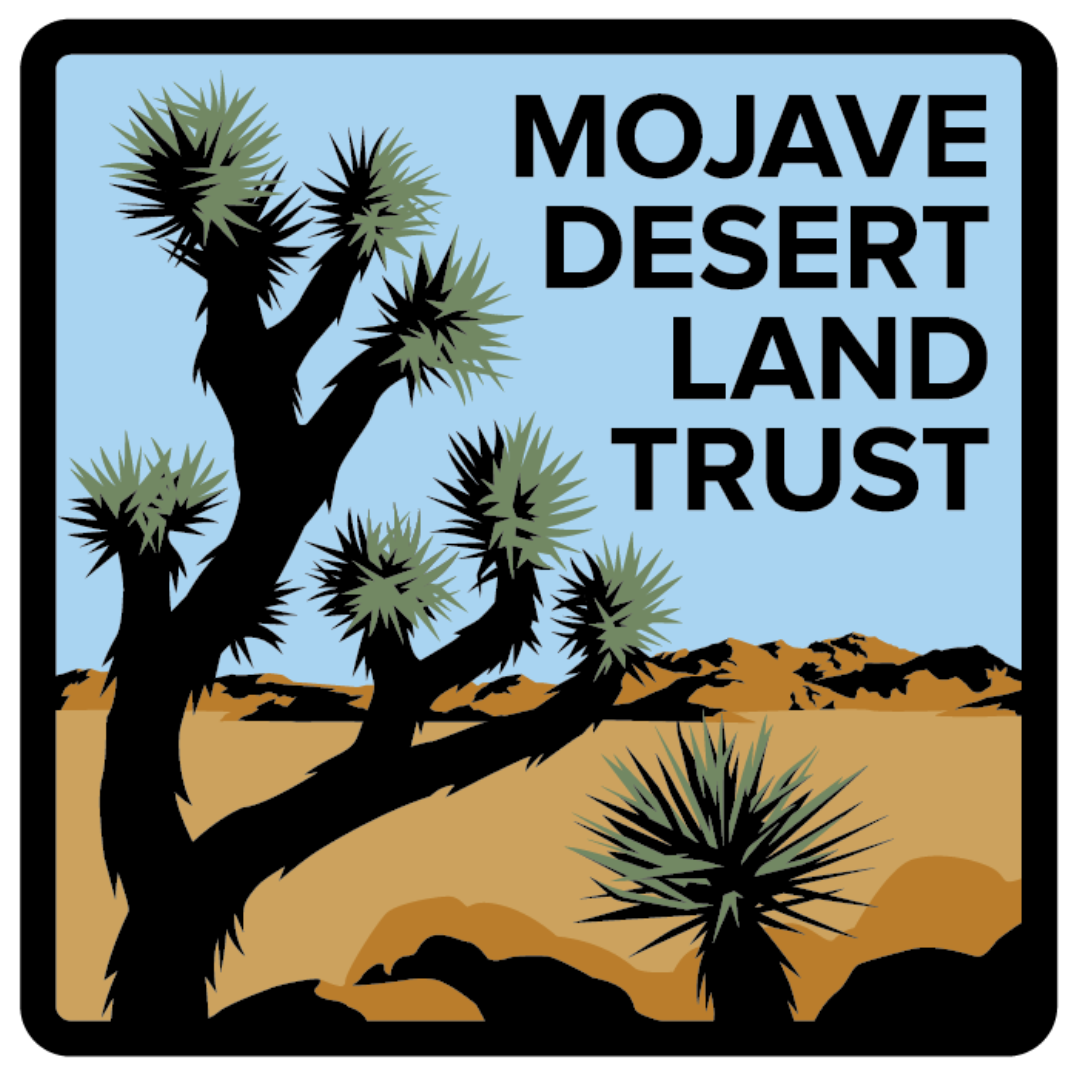
LA Times: Good news for desert tortoises: Stretch of Mojave Desert gets federal protections
The Mojave Desert Land Trust expects to do much work on the ground, including helping with seed collection and outreach, said Cody Hanford, deputy executive director and chief conservation officer of the nonprofit dedicated to protecting the California desert.
“It will elevate our projects, elevate our goals, which I think in the end will help them become more accomplishable,” he said.

CNN International: ‘Seeds are life’: How a seed bank in the Mojave Desert is preserving an ancient ecosystem under threat
Inside a Mojave aster flower, a tiny bee is fast asleep. At night, the pale lavender petals close, providing a safe resting place. In the morning, as birdsong rings out across the desert, the flower opens, revealing its tenant.
Here in southern California, in the middle of the Mojave Desert’s vast and arid landscape, it’s just one of many natural treasures hidden from view.
In long sleeves, pants, and wide-brimmed hats to guard against a harsh sun in a cloudless blue sky, a team of four led by Madena Asbell crouches in the dirt, looking for another treasure.

Salon: California has officially listed the desert tortoise as endangered. Will it be enough to save them?
"Species like the desert tortoise play an important role in the health of the desert ecosystem," Herbinson said. "They are a keystone species, meaning if they were to be removed from the ecosystem, we would see a cascade of ecological effects — an unbalancing."
Once the desert tortoise is lost, it will be easier for invasive and highly flammable plant species to prevail and cause chaos, such as the red brome (Bromus madritensis) and cheatgrass (Bromus tectorum) that keep choking the desert to death. Wildfires could become more common, and the desert ecosystem overall may "even more wildly out of balance contributing to our ecosystems not functioning in a way that maintains human life," Herbinson said.

Victorville Daily Press: Mojave Desert Land Trust shares conservation wins, urges action for threatened species
The Mojave Desert Land Trust announced all-round conservation wins for the California desert in its 2023 annual report.
The nonprofit organization’s report also outlined “bold action” to preserve two of the California desert’s most iconic species in the years ahead. Here's a look at the land trust's wins in 2023.

The Orange County Register: Controversial plan takes shape to protect Joshua trees from climate change, fire and development
As important as it is to save Joshua trees, Kelly Herbinson, executive director of the Mojave Desert Land Trust, said there’s more at stake.
“Our policy is often written for individual species,” Herbinson said, with the “charismatic” Joshua tree an easy choice to single out for protection. “But, in reality, we know that’s not how ecosystems work.”
Species rely on each other, with everything from moths to owls to woodrats dependent on Joshua trees for survival. Thousands of species also share the same Mojave Desert habitat as Western Joshua trees. And Joshua tree woodlands lock away carbon, keeping it from getting into our atmosphere. So by protecting Joshua trees and their habitat, Herbinson said, “We’re also protecting that tightly knit web of an ecosystem at the same time.”
And, she notes:
“We are part of that ecosystem. We rely on that ecosystem functioning.”

Saving Land: In protecting darkness, conservation finds new light
It’s the ground underfoot that land trusts know best. The sentient ways of old forests and brooding mountains; the salt tang of tidal marshes and sagebrush reaches of open rangeland. Compared to these tangible places, the idea that we should protect something as intangible as darkness can seem abstract. What is darkness, after all, but the absence of light? And, in a light-saturated world where 80% of North Americans can no longer see the Milky Way, does darkness still serve its age-old purpose? Those are questions that land trusts, no less than scientists or philosophers, may well consider.
